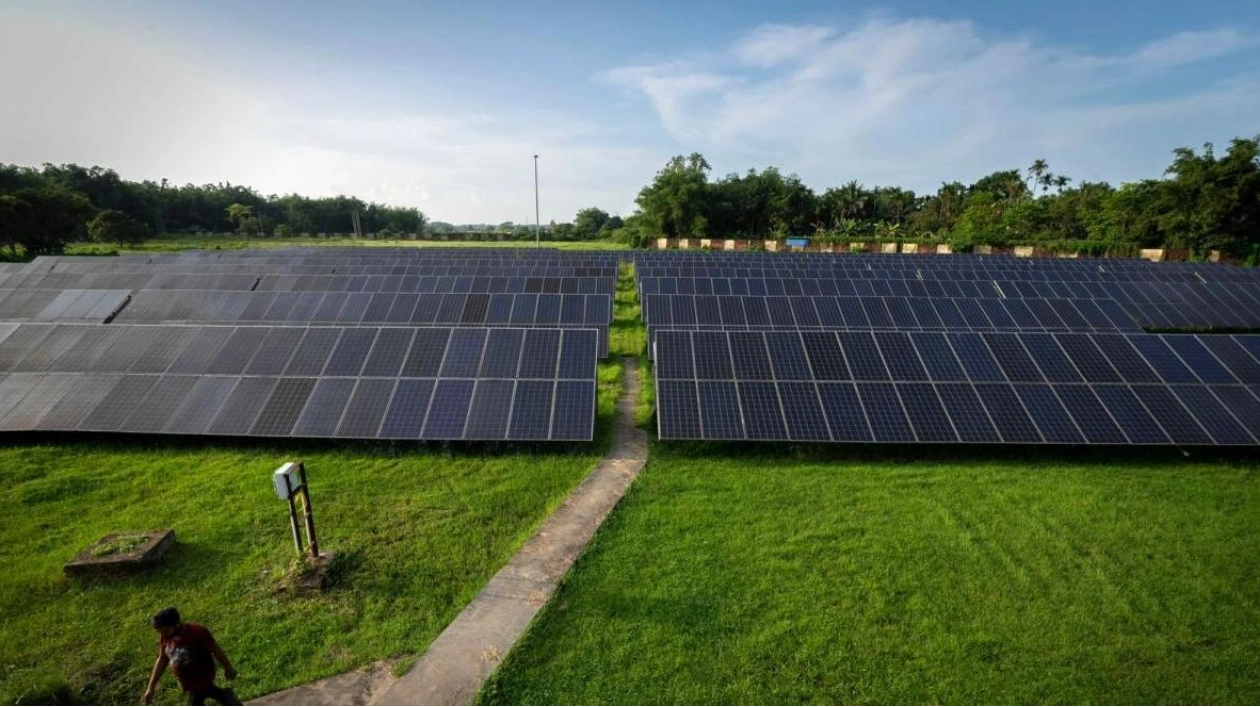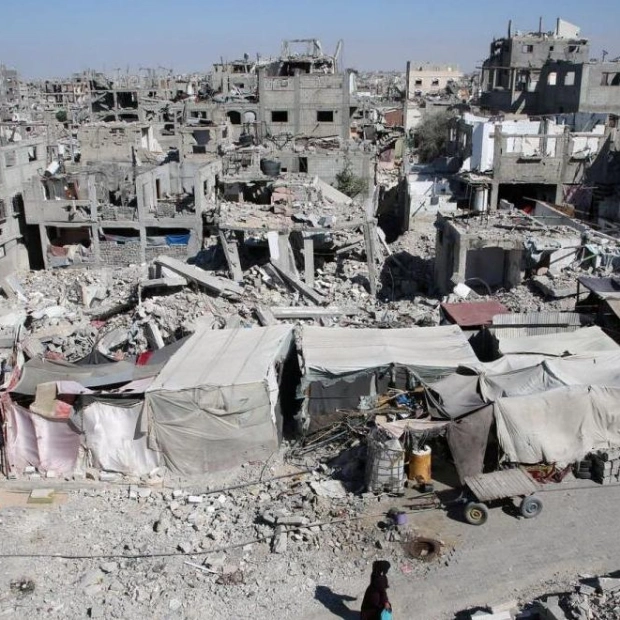Recent years have seen a global embrace of new low-carbon fuels, such as 'green' hydrogen and its derivatives, with numerous projects being announced. The initiation of large-scale projects in Saudi Arabia, the UAE, and Oman underscores the active role of GCC countries in this arena. While project developers are working to reduce costs as technology advances and support schemes gradually materialize, many projects are delayed due to the lack of long-term offtake agreements and financing. Progress, at best, remains modest, primarily due to the high risk involved. A critical missing element is regional marketplaces that distribute risk more evenly between producers and buyers. Only regional clean energy hubs can mitigate the risk associated with the price volatility of green fuels.
Sustainable fuels, crucial for the energy transition, need to be recognized for their unique green attributes, which should be reflected in the form of a price for the carbon they mitigate. This recognition, achieved through the trade of green certificates, has been effective in renewable electricity markets across Europe, the US, and Australia. Governments in these regions have acknowledged that trading green attributes provides additional incentives for clean energy projects, thereby accelerating carbon reduction. This approach is poised to work in the Middle East as well, leveraging the region's significant clean energy advantages to become a pivotal trading hub for new green fuels.
This is the objective of the Zero Emissions Traders Alliance (ZETA Global), where I, as the CEO of this newly formed group, have recently relocated to this region to promote trading in sustainable commodities. Having observed the effectiveness of assigning market prices to green attributes in energy markets in Europe over decades, I believe this can create the necessary leverage for investment that ultimately achieves significant scale. ZETA aims to assist the GCC region in catching up by advocating for a clean energy hub that offers revenue opportunities for local industries, accelerates carbon reduction, and fosters a more sustainable business environment.
Green hydrogen projects, being large and capital-intensive, require long-term offtake agreements with price guarantees and significant investor backing. However, the crucial issue of who bears the price risk for the commodities they produce is not adequately addressed, leading to uncertainty that deters final investment decisions for these projects. The fundamental challenge lies in fairly distributing risk among stakeholders, bridging the gap between the price stipulated in long-term contracts and the fluctuating market price. Markets address this challenge by facilitating hedging to balance price risk among producers and buyers, a mechanism that applies to any commodity, including oil, natural gas, and the new green fuels.
Markets finally help overcome the 'chicken-or-egg' dilemma that currently hinders many projects. Producers and financiers need a guaranteed price, while buyers cannot assume the full price risk, making new green fuels costly due to their limited scalability. The magic of markets lies in allowing a fair distribution of risk, securing the required returns, and allocating risk more broadly, thereby bridging the gap between contract prices and changing market prices. A new regional trading hub, such as the ETS in Europe, which has reduced Europe's carbon footprint by more than one-third over 15 years, is now creating new contracts and benchmarks for new green commodities. With hydrogen products, the potential is vast, especially as the EU has set ambitious targets for green hydrogen that can largely be met through imports, predominantly from the Gulf region. Adding tradeable green certificates to green hydrogen will enhance its value, accelerate climate impact, and fully leverage the Gulf countries' great export potential.
ZETA is the ideal platform to establish the basic conditions for a green energy hub in the GCC. We are currently collaborating closely with business leaders and local companies, the early adopters who recognize the benefits of a regional market for new fuels. Together, we will plan for the trading of green certificates for new fuels, ensuring their fungibility for widespread tradeability and connection to international markets and standards. We will also develop local benchmarks for these new commodities. The Zero Emissions Traders Alliance is confident that the GCC will emerge as a major global center for the production and export of new green fuels that the world increasingly needs. We are convinced that markets can drive this transformation.






